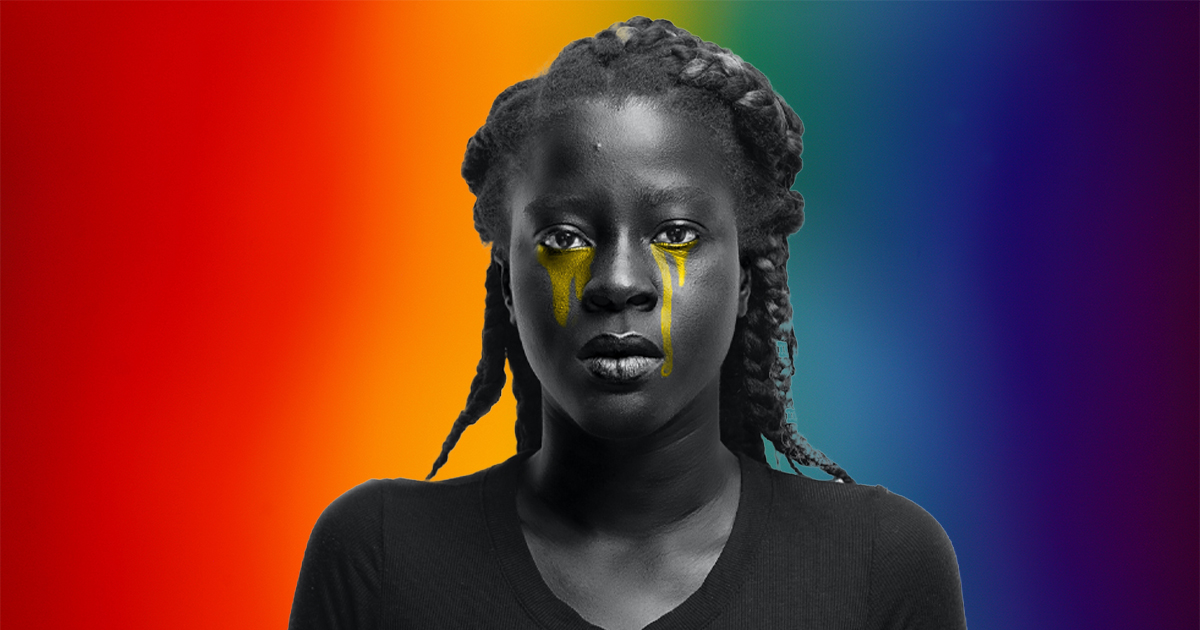The Anti-Homosexuality Act of 2023, became law in Uganda on 26 May 2023, after President Yoweri Museveni had assented to the Bill. This recent development is the culmination of a process that has defied reason in its bid to erase the rights and dignity of sexual and gender minorities in Uganda, and in respect of which the Centre for Human Rights, Faculty of Law, University of Pretoria (Centre), expressed deep concern for the inevitable violation of human rights that will occur.
The Centre strongly condemns the adoption of and President Museveni’s assent to the Act and reiterates its earlier statement of 22 March 2023 that the Act will have far reaching adverse impact on sexual and gender minorities in Uganda who, under the present circumstances, already live in fear, face discrimination, violence and other forms of human rights violations. The Act will fuel hate and exacerbate the already concerning human rights violations on LGBTQ+ people in Uganda and human rights defenders. The Centre joins the voices of many human rights defenders and organisations in condemning the Anti-Homosexuality Act not only for its adverse impact of the LGBTQ+ community in Uganda but also because it falls short of constitutionality and is in breach of international human rights law. The Centre further condemns the excessive punitive provisions of the Act, including the death penalty for “aggravated offences”, which violate principles of the rule of law and proportionality in sentencing.
The constitutionality of the Act is the subject of two petitions filed before the Ugandan Constitutional Court. In one of these petitions, nine Ugandan citizens, including two Members of Parliament, human rights activists and the mother of a transgender person, submitted a petition in which they challenge the Act on at least 75 different grounds. The other petition comprises nine petitioners, including prominent academics and leaders of civil society organisations. Since the two petitions largely overlap, it is likely that they may be consolidated into a single petition. An injunction to suspend the implementation and application of the Act is also underway.
The Centre calls on the government of Uganda not to implement the Anti-Homosexuality Act, pending the finalisation of the constitutional challenges to the Act. The Centre further encourages the government of Uganda to allow the matter to be heard and determined in a safe environment that will respect due process of the law and the principles of a fair hearing. While the outcomes of the petition cannot be predicted, there are strong grounds to anticipate that at least part of the Anti-Homosexuality Act could be declared unconstitutional.
Three strands of arguments emerge from the grounds advanced by the petitioners. The first stand of argument in both petitions is that the Act infringes the basic tenet of legality. The principle of legality requires that the law should be clear and predictable. The petitioners argue that parts of the Act are overly broad, vague and indeterminate because it uses open-ended terms such as ‘encouragement’, ‘promotion’, persuasion’ and ‘normalisation’. The Act for example criminalises any non-governmental organization that ‘promotes or encourages homosexuality’ or the ‘normalisation’ of prohibited conduct. A second strand of argument is that the Act violates numerous rights in the Ugandan Constitution, due to its far-reaching and invasive effects on the rights to dignity, privacy, property, non-discrimination, freedom of speech, association and to practice one’s profession. A third stand relates to the process of adoption, which the petitioners argue has been marred by a lack of meaningful public participation and procedural bias.
The Centre commends the courage and alacrity of the petitioners who are bringing the constitutional challenge and expresses solidarity with their cause.
The Centre recalls that Uganda is a state party to the African Charter on Human and Peoples’ Rights (African Charter). The supervisory body of the Charter, the African Commission on Human and Peoples’ Rights, adopted Resolution 275 in 2014, which prohibits violence against people based on their sexual orientation and gender identity or expression. The Centre calls on Uganda to closely observe the directives in this Resolution. The Centre also recalls that the African Commission earlier this year adopted Resolution 552 on the Promotion and Protection of the Rights of Intersex Persons. This Resolution recognises the complex challenges and realities of intersex persons in Africa, particularly on non-consensual and unnecessary surgical and other genital normalisation procedures performed on intersex persons. Uganda is urged to root its response in the African Union human rights framework, to which it subscribes by virtue of ratification of the Charter.
The Centre calls on the government of South Africa to use its diplomatic channels and good offices to implore the Ugandan government not to implement the Bill in light of the ongoing constitutional challenge. The likelihood of Ugandans fleeing the country for fear of persecution is great. South Africa, with its explicit constitutional guarantee of non-discrimination based on sexual orientation and gender identity, should provide a safe haven for fellow Africans at risk of persecution. South African immigration law and policies should therefore be applied in a way that is receptive to the plight of these Ugandans, in line with our constitutional imperatives and in the spirit of ubuntu.
For more information, please contact:

Professor of International Human Rights Law
Tel: +27 (0) 12 420 3228
Fax: +27 (0) 86 580 5743
frans.viljoen@up.ac.za

Acting Manager: SOGIESC Unit
Tel: +27 (0) 12 420 4397
Fax: +27 (0) 86 580 5743
landilani.banda@up.ac.za


